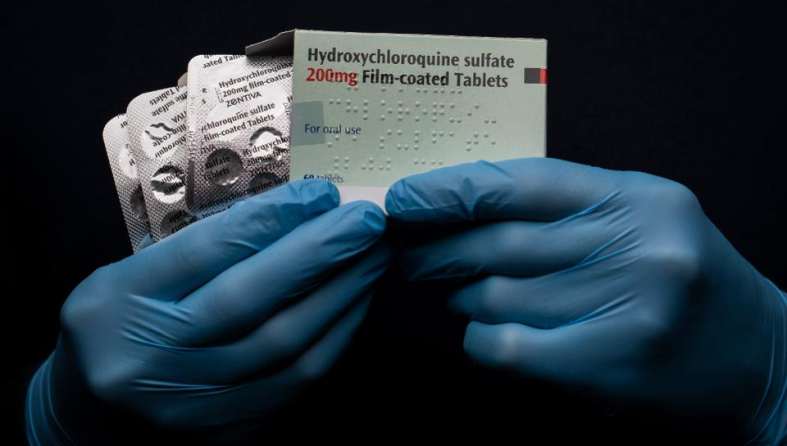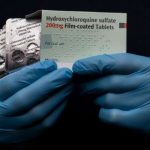Hydroxychloroquine with Zinc and Azithromycin drug combo shows promising results in COVID-19 patients, NYU Study shows 44 percent less likely to die from the coronavirus

There have been a lot of debates about the effectiveness and safety of malaria drug Hydroxychloroquine. You can read them here. It has become the most controversial drug since President Trump touted it as a potential game-changer in March. However, we have been following the ongoing research study at New York University (NYU).
Now, researchers at NYU’s Grossman School of Medicine found patients given the antimalarial drug hydroxychloroquine along with zinc sulphate and the antibiotic azithromycin were 44 percent less likely to die from the coronavirus, according to a report from Spectrum News NY.
“Certainly we have very limited options as far as what we have seen work for this infection so anything that may work is very exciting,” said Dr. Joseph Rahimian, Infectious Disease Specialist at NYU Langone Health.
The study, which was conducted by the State Health Department and the SUNY Albany School of Public Health, involved 1,500 coronavirus patients. 932 of the 1,500 COVID-19 patients were treated at local hospitals with hydroxychloroquine and azithromycin. According to the report, researchers found that patients given zinc were one and a half times more likely to recover, decreasing their need for intensive care. However, Dr. Rahimian says patients in the more critical stages of infection did not fare as well.
The study also confirms the earlier findings from Dr. Vladimir Zelenko’s which showed that “hydroxychloroquine helps zinc to penetrate the cell.” Zinc helps slows or decelerates the viral replication within the cell. But on its own, Zinc cannot penetrate the cell without the help of hydroxychloroquine. So, hydroxychloroquine only helps Zinc penetrate the cell.
“It sort of boosts the zinc activity which is one of the reasons we thought to look at zinc here and in this observational study we did see a difference suggesting that maybe that boosting activity of the hydroxychloroquine with the zinc helps the zinc to work better and lead to a benefit,” Dr. Rahimian said.
Dr. Rahimian also cautioned that more research is needed, in particular a randomized controlled trial, to prove how and how well the drug combination works.
Meanwhile, a study in the Journal of the American Medical Association on Monday found that treating patients only with hydroxychloroquine, azithromycin, or both did not reduce hospital deaths.




